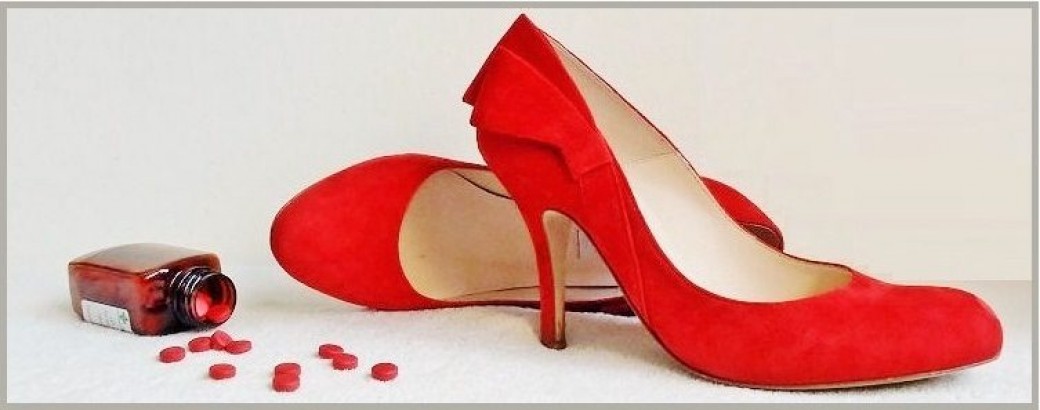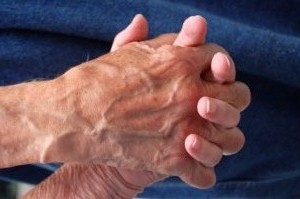In a few days I’ll be at a Cambridge University event, speaking to students who look forward to careers in the media. But today I’m looking back at a serious topic. My piece last month in The Sun newspaper went a bit like this…
Life is complicated, but dying is even more so.
As a doctor I’ve seen many patients whose lives are utter misery. They’ve reached a stage where nothing can relieve their suffering and make their days bearable. Some of them beg for death. But assisting a suicide is against the law in England and carries a sentence of up to 14 years.
If it were the beloved family pet, the answer would be clear and compassionate.
It’s heart-breaking to have a relative who longs to die, and I really feel for the families, especially as my own mother is now suffering horribly.
My mum’s spine is deformed and broken from severe osteoporosis. She howls in pain, and in anticipation of pain before even being touched. She’s incapable of doing anything now. Every single thing the devoted team of nurses do for her hurts acutely.
Sometimes she lies in bed yelling that she’s in agony. Or else she shouts over and over “Please help me, please help me.” 
No longer the person she was, she weighs 35kg and stares with blank eyes. Everything she has been through in the past two years, including a major op that she nearly didn’t survive, has left its mark. The pain is literally causing her mind to go, but she is still aware of how bad things are. I sit by her hospital bed and hold her hand, and she sometimes tells me she wants to die.
Increasing the painkillers makes her more confused. Some of the drugs make her paranoid. I’m still hoping there’s an answer because it’s so awful to watch her suffer.
Don’t get me wrong. I was never immune to the suffering of patients in situations like this, but when it’s one of your own you can appreciate the back-story and see the whole perspective of their lives.
Medicine has a lot to answer for. Many people wouldn’t be alive had it not been for doctors. On the other hand, medicine isn’t a perfect science and never will be. I’ve been a doctor long enough to know at first hand that medicine is good at prolonging life, but not so good at sustaining its quality.
When quality of life is appalling, or treatment too awful to bear, then the balance of pros and cons may suggest that treatment doesn’t benefit the patient. In making that decision to withhold treatment, the relatives and patient’s wishes are vital. If the patient can’t take part in the discussion, his previously stated wishes are taken into account.
Withholding treatment is totally different from deliberately hastening death, whether or not it’s with the patient’s consent.
But there is what’s called the doctrine of double effect. This makes a distinction between acting with the intention to kill, and performing an act where death is an unintended effect.
For instance large doses of pain-killers can shorten life. But doctors give them only with the intention of relieving pain. The doctrine of double effect says that’s morally right, even though the primary effect (pain relief) comes with the risk of a harmful side-effect. Sometimes that harm can even be foreseen, but according to the doctrine it is still OK, as it achieves the main benefit, which is relieving pain.
However the double effect isn’t often the get-out clause it appears to be. Nowadays there is a huge range of pain-relieving drugs, and dosage changes tend to be tiny, so they rarely shorten life.
Medicine has come so far now that we need an urgent way forward on that most basic event, death. Not all doctors are agreed on the right course of action. If assisted dying is introduced in any form, we’d need strict safeguards against abuse, greed, negligence, incompetence, and probably a few other things as well.
Some doctors are vehemently opposed. Personally I fear that legalising assisted suicide could change the doctor-patient relationship forever. On the other hand, there’s also the hope that it would help medics honour Hippocrates’ order: “To cure sometimes, to relieve often, to comfort always.”
Since then, my mother has died, ending our suffering, though it continues for other families.



